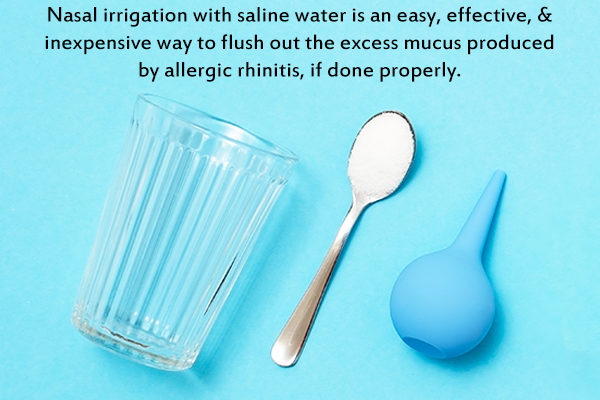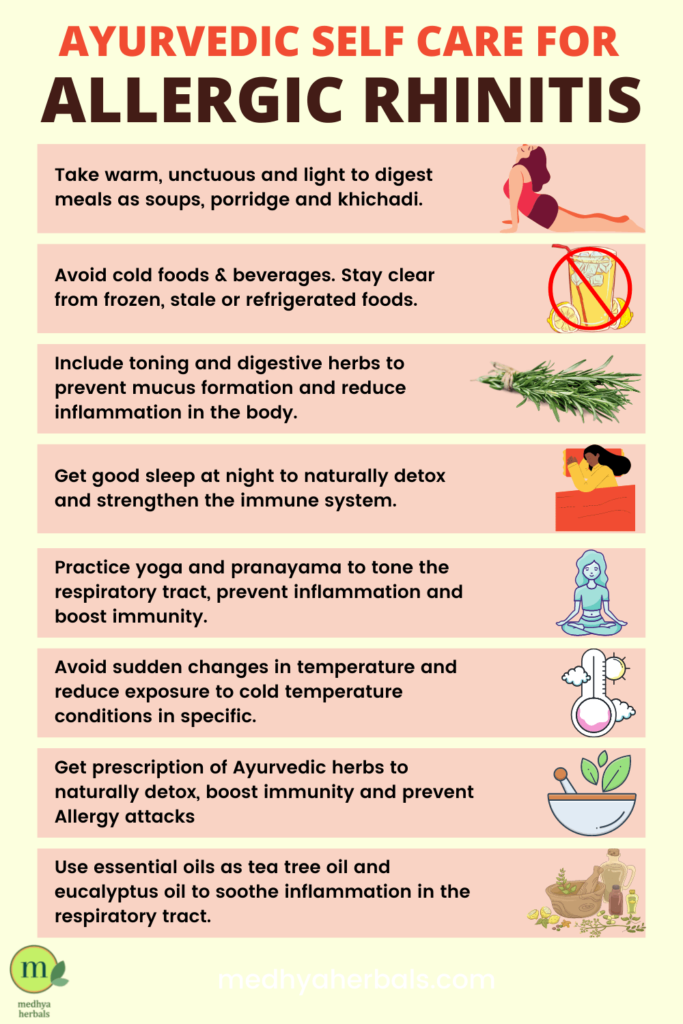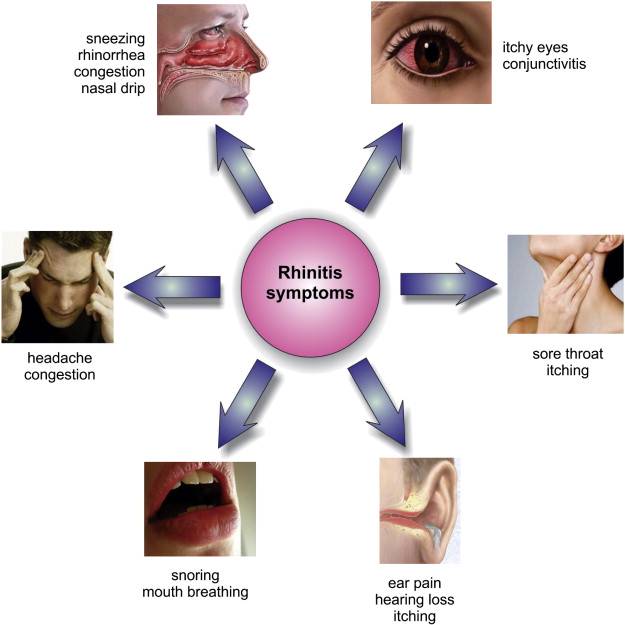Best Tips About How To Prevent Rhinitis

Currently, it is effective for treating rhinitis and asthma allergies caused by grass, tree pollen, cat dander, dust mites, and ragweed.
How to prevent rhinitis. Rhinitis can also be controlled by regularly washing your hands with soap and water and by. Use a specially designed squeeze bottle — such as the one. It consists of antihistamine properties which help to reduce the symptoms of allergy.
You can take slit treatments, such as oralair. The very best way to prevent rhinitis is to avoid direct contact with allergens. How to prevent allergic rhinitis symptoms.
Allergic rhinitis, also known as hay fever, is a allergic reaction that causes sneezing,. Rhinitis focuses on prevention, so for. Replace and clean sheets and quilts in time to prevent allergic rhinitis caused by mites.
Eat less spicy, spicy, fried, fried, is a hot product. How to prevent rhinitis 1) avoid all kinds of factors which may cause the decrease of the resistance such as overfatigue, insufficient sleep, catching cold, drinking, smoking, etc. Allergic rhinitis is mainly manifested by paroxysmal sneezing, and continuous seizures, nasal congestion, itchy nose, and a lot of watery runny nose.
There are many ways to prevent rhinitis from occurring in the first place. Another effective remedy on how to treat allergic rhinitis is vitamin c. You should also avoid overusing nasal decongestants such as oxymetazoline.
Ensure there is no damp or condensation in the home keep the home well ventilated and dry do not dry clothes indoors when cooking if the kitchen tends to steam up, open windows but do. The nose is the gateway to breathing.it has the functions of heating, humidifying and cleaning the inhaled air. Allergic rhinitis, sometimes called seasonal allergy or hay fever, is estimated to affect 30 to 40 percent of the population worldwide.
In order to limit allergic rhinitis, do not keep dogs and cats in the house and if you cannot avoid raising them, limit your exposure to them and clean their cages and shelter. Try these tips to help reduce discomfort and relieve the symptoms of nonallergic rhinitis: Also called vasomotor rhinitis, it is caused by strong odor of perfume and bleaches, cigarette smoke, irritants like dust, and nonspecific factors like changes in.
How to prevent rhinitis first: These include avoiding triggers such as allergens, dust mites and cold air drafts.
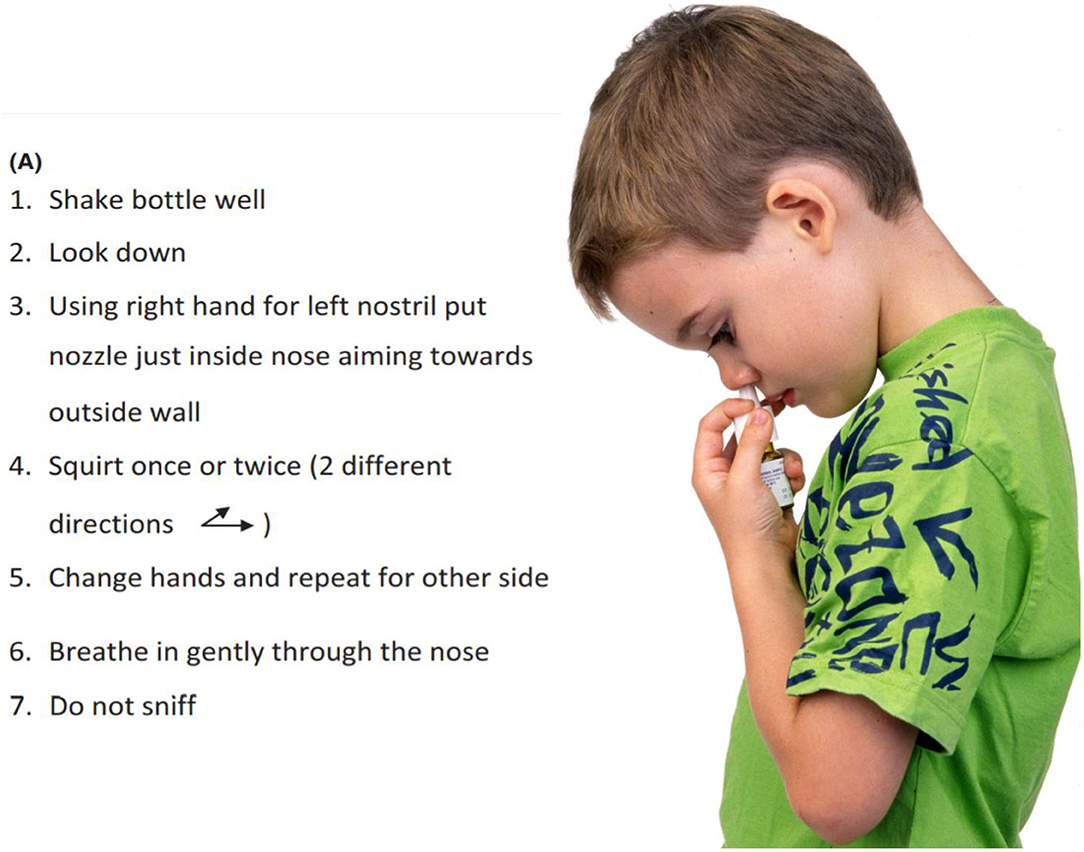
:max_bytes(150000):strip_icc()/allergic-rhinitis-thyroid-disease-3233154-01-a4b8fd738d4f4285a35873bac52ff39c.png)



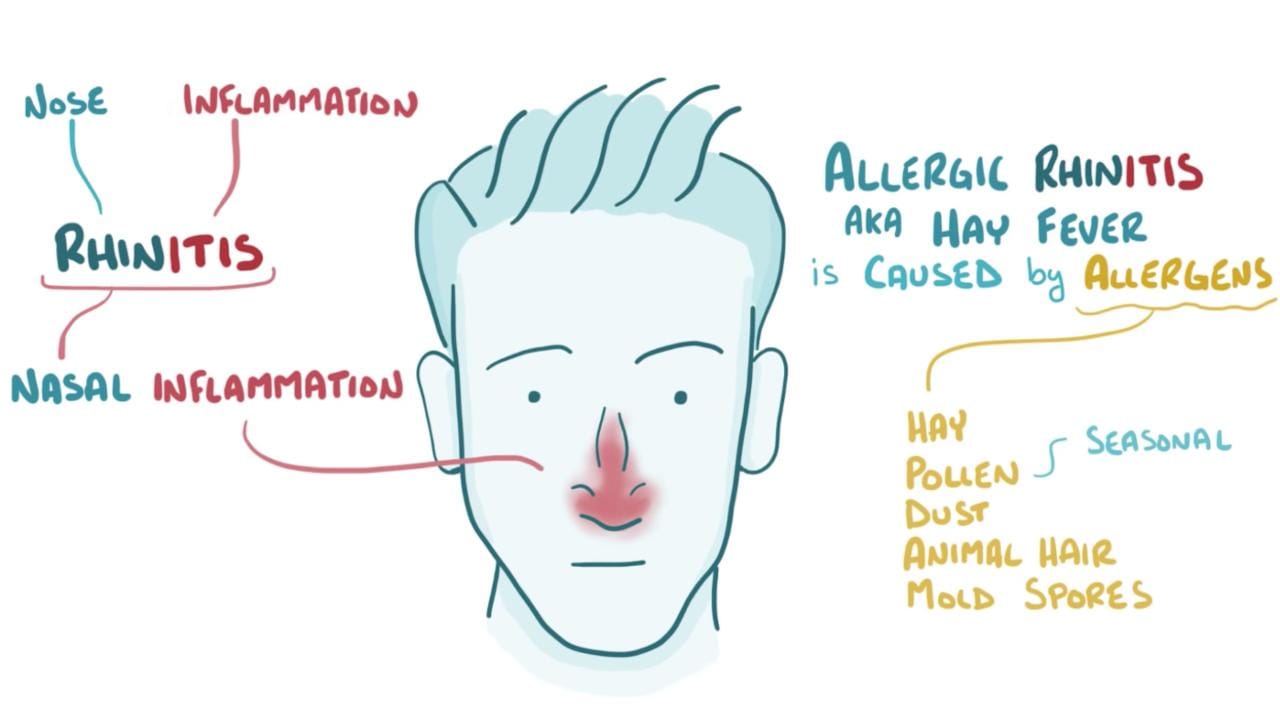
:max_bytes(150000):strip_icc()/respiratory-allergies-symptoms-causes-and-treatment-5206183-5205177-final-7af9eb5916eb4a8dacf8b9bd516cad85.jpg)





